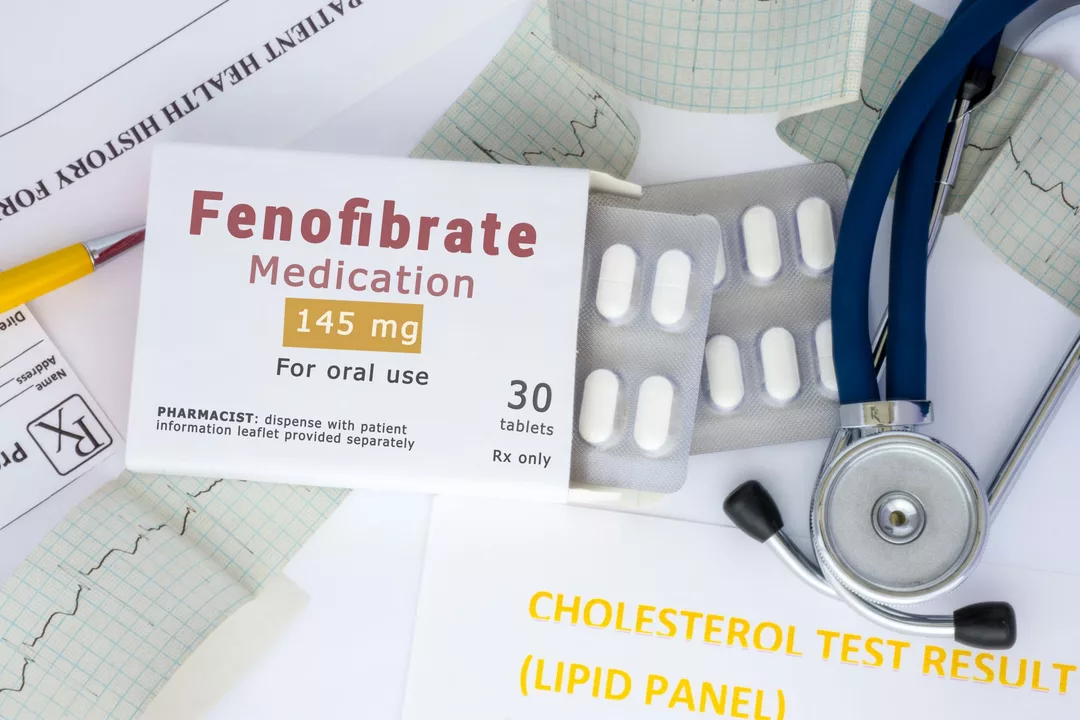Blood Pressure: Quick Facts and Practical Tips
Ever wonder what those numbers on your doctor’s chart really mean? Blood pressure is simply the force of blood pushing against artery walls while your heart pumps. It’s recorded as two figures – systolic (the top number) shows pressure when the heart beats, and diastolic (the bottom) shows pressure between beats. If either number stays high over time, you’re looking at hypertension, a silent risk factor for heart attacks, strokes, and kidney problems.
Understanding Blood Pressure Numbers
Normal blood pressure sits around 120/80 mmHg. Anything above 130 systolic or 80 diastolic starts to raise red flags. The higher the numbers, the harder your heart works, and the more wear‑and‑tear shows up on vessels. You might feel fine even when readings are high – that’s why regular checks matter.
Factors like stress, salty meals, lack of exercise, and genetics can push numbers upward. Some medications, especially certain pain relievers or decongestants, also have a sneaky effect. Keep an eye on trends rather than one‑off readings; a single spike isn’t as worrisome as a steady climb.
Managing Your Pressure Naturally
First off, move more. Even a brisk 30‑minute walk five days a week can shave several points off your systolic reading. Pair that with a diet rich in fruits, veggies, whole grains, and lean protein – the DASH (Dietary Approaches to Stop Hypertension) plan is a solid blueprint.
Salt is a big culprit. Cutting processed foods and seasoning meals with herbs instead of table salt can make a noticeable difference. Some people find that adding potassium‑rich foods like bananas or sweet potatoes helps balance sodium’s effect.
If you’re looking at supplements, fiber sources such as guar gum may aid blood sugar control and weight management, indirectly supporting healthier pressure levels. However, always chat with your pharmacist before adding anything new, especially if you’re already on antihypertensive meds.
Stress management is another low‑cost win. Simple breathing exercises, short meditation breaks, or even a hobby you enjoy can calm the nervous system and lower readings in the moment.
When lifestyle tweaks aren’t enough, doctors may prescribe medications like ACE inhibitors, beta‑blockers, or calcium channel blockers. It’s crucial to take them exactly as directed; missing doses can cause rebounds that feel worse than before.
Our tag page gathers all articles related to blood pressure – from medication guides (like safe buying tips for antihistamines that might affect heart rate) to supplement reviews and lifestyle advice. Browse the list below to find deeper dives on specific drugs, natural remedies, and how diet ties into cardiovascular health.
Bottom line: keep tabs on your numbers, move a little each day, eat smarter, manage stress, and stay in touch with your healthcare provider. Small steps add up, and you’ll likely see your blood pressure settle into a healthier range without drastic measures.


